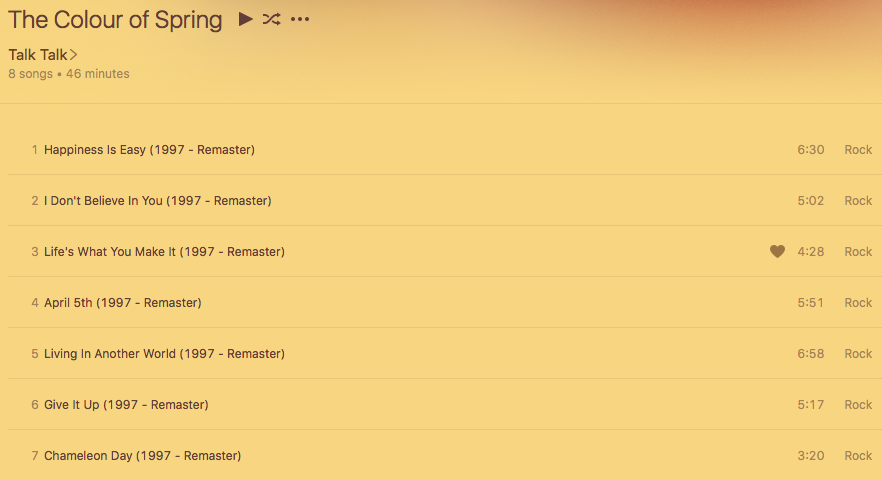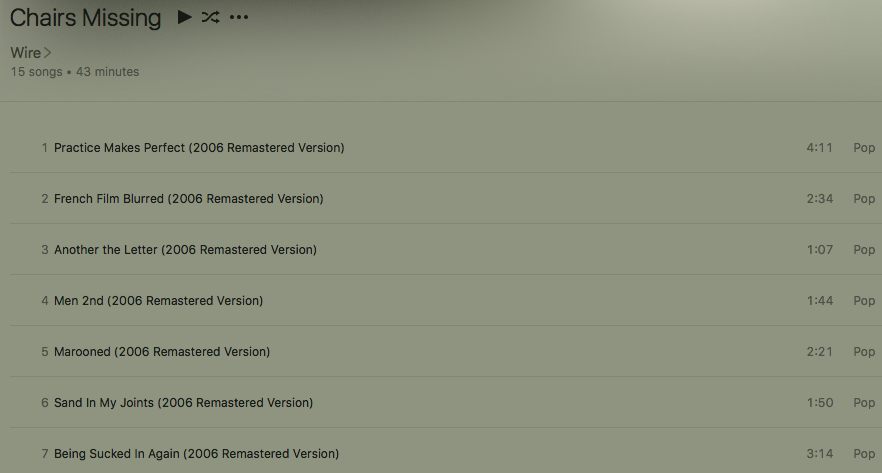Song downloads plunged another 12.5 percent last year, and a depressing 23.4 percent since 2013, according to preliminary US-based stats from Nielsen Music. Indeed, downloading is plunging downward, but streaming is absolutely soaring: according to the same dataset, the total number of streams doubled in just one year. As in, gained 100 percent, in 365 days.
Also from Digital Music News:
Accordingly, the music world will witness a more dramatic download plunge in 2016, with 12.5 percent shifting towards 18 percent, according to conservative DMN estimates. The decline will subsequently accelerate to 25 percent in 2017, with a 40 percent drop anticipated in 2019.
The reasons for this aren’t mysterious: last year, the number of music streams doubled to 317.2 billion streams in the US alone, thanks to explosive growth across Spotify, YouTube, and Apple Music, among others. That is directly assassinating paid downloads, with Apple accelerating the plunge by aggressively pushing consumers towards Apple Music streaming accounts.
The rest, as they say, will be history, with downloads occupying a niche space in music listening experience, alongside CDs and other marginalized formats.
The tone of these articles is a little gloomy, which is interesting from a site called Digital Music News. I see the download decline as inevitable by nature of the technology (just wait until the wireless / streaming CDJ is invented for the club DJs), and the rapid acceptance of streaming as a good outcome. Those numbers will get higher and higher as download numbers plummet. It changes the game, but I’m confident fleet-footed independent labels will adapt and succeed.

